This article has been clinically reviewed by Jeff Williams, Licensed Clinical Social Worker – LCSW 28894.
Getting handed a couple of lemons is one thing. Fine, I’ll make it work. But having an orchard of them seemingly aimed at every single aspect of your life? It’s a bit much. You can’t catch a break, and still the world spins on, expecting you to keep up with everything—deadlines pile up, responsibilities multiply, texts go unanswered. Even folding the pile of laundry looks like Mount Everest. You are overwhelmed. And maybe wondering, is there therapy for feeling overwhelmed?
Feeling Overwhelmed and The Brain
Our brains are not wired to hold the constant flood of information and obligations: soccer practice, work budgets, school stress, credit cards, in-laws coming to visit.
The part of the brain responsible for planning and self-control is a bit like a sensitive air traffic controller. When too many planes are circling, it can’t land any of them safely. It’s really tempting to give up and just let them all fall at once.
In your personal world, when you begin asking questions in the quiet moments: Why am I overwhelmed all the time? Is this normal? Should I be able to handle all this on my own? – You begin to feel like an air traffic controller yourself. It’s a lot. It might feel like failure. But here’s the thing—being overwhelmed is a biological phenomenon, not a failure. It’s human. It’s treatable.
Signs That You May Need Therapy for Stress
So how do I know if I need therapy for stress?
The answer can live in the body before it makes its way to your mind. Do you lie awake, unable to sleep, going over all the demands or rehearsing tomorrow’s disasters? Does your stomach feel like it’s digesting a bag of rocks? Are you perpetually one traffic jam away from tears? These things aren’t something to just try to ignore. They’re signals.
With stress, often the biggest issue is not what is happening in the world. Managing stress is about having the tools to calm the internal storm. A trained therapist helps sort through the tangled mess of thoughts, feelings, and pressures, offering strategies that aren’t just platitudes but grounded in neuroscience and psychology. It’s about life changes that help mitigate the stressors AND about developing coping strategies that allow you to live through the demands … to breathe and still enjoy your passions despite the demands.
Therapy for feeling overwhelmed creates space for your nervous system to exhale.

What Kind of Therapist Helps with Burnout?
Burnout goes beyond being tired or even exhausted. It’s a kind of cellular fatigue; it feels as deep as your bones.
Prolonged stress floods your system with cortisol, a hormone meant to help you escape danger. But when cortisol lingers, it wears down your immune system, messes with memory, and leaves you in a fog. It starts to feel like you have nothing left to give.
That’s burnout. It’s your body just being done.
So what kind of therapist should you see?
If burnout is the monster under your bed, it’s helpful to find a therapist who meets you where you are at, but infuses the right amount of energy into the equation. Too little just adds to the crash; too much feels fake and like a megaphone up against your ear.
Cognitive behavioral therapists (CBT) shine a flashlight on distorted thoughts that keep you trapped. Mindfulness-based therapists (like DBT), meanwhile, teach you how to anchor yourself in the present moment, pulling you away from the treadmill of dread, allowing you to walk through tough times that can’t just be whisked away.
Both approaches are backed by science, and both can be profoundly healing.
How to Calm Overwhelming Thoughts
Overwhelming thoughts tend to take center stage of your life, no matter where you happen to be. They are loud (booming inside your head), persistent, and believe they are the only thing that matters.
Therapy helps you learn how to manage the doorway of your thoughts without letting every anxious thought take up permanent residency.
Here are a few therapeutic strategies often used:
- Cognitive reframing: challenging the catastrophes your brain insists are certain or permanent.
- Breath-based calming: lowering cortisol levels and panic response with deliberate, slow breathing, which sends signals to your brain that “I can handle this.” Biological interventions help soothe an overstimulated nervous system.
- Behavioral activation: engaging in small, purposeful actions to reset mental spirals and redirect behavior toward control and progress.
- Separation from the thoughts: Name what you are feeling emotionally, what your body is feeling physically, like you are observing someone else. The mood/thought/emotion isn’t the whole you, they are expressions that shift, so don’t engage with them as if they are eternal. Observe them instead. Mindfulness interventions for feeling overwhelmed aren’t about silencing thoughts—they’re about teaching you to respond, rather than react.
Also, What Is Decision Fatigue?
Decision fatigue sounds like something reserved for professional wedding planners. But psychologists have shown it’s very real and quite common. Every choice—what to wear, what to eat, whether to answer that email—chips away at your mental energy. By the time the big decisions roll in, your brain is running on fumes.
That’s why by evening, the choice between salad and takeout feels like life or death. Often the desire for a quick solution leads us straight to our worst coping strategies (drinking, binging, etc.).
Therapy helps by letting it out in a safe space, teaching prioritization, boundary-setting, and purposeful habit-building. By managing thoughts and our body’s energy, by creating automatic systems for small choices, you preserve energy for what matters most.
Think of it as decluttering the mental attic—you suddenly have space to breathe again.
Which Therapy Works Best for Overwhelm?
If you are feeling overwhelmed in your life and are looking for therapy that can help, there isn’t one magic answer, which is actually better news than it sounds like! You have options. Research consistently points to therapies that balance practical tools with emotional awareness, as these make a meaningful difference.
Cognitive Behavioral Therapy (CBT) helps untangle anxious thought loops. It helps recognize unhelpful and dysfunctional thought patterns that keep us overwhelmed.
Commitment Therapy (ACT) encourages you to live aligned with values even when stress persists.
And mindfulness-based therapy strengthens your ability to witness life as it unfolds, instead of drowning in what-ifs.
These approaches all share one goal: to rewire the brain away from constant hyper-alertness and into a more sustainable rhythm. Therapy for feeling overwhelmed helps restore balance not just to your mind, but to your body.
Need Therapy for Feeling Overwhelmed?
If life feels too heavy to hold on your own, remember, you’re dealing with both a psychological and biological response. You are not weak for feeling like there is too much going on… it’s both wise and strong to be honest about our own limits and outside circumstances that we do not control. Also, remember, overwhelm does not have to be permanent. It can be a temporary signal that finds relief through treatment. Therapy offers exactly that.
At Pathways Family Therapy in San Diego, CA, we help individuals and families find clarity, calm, and strength when life seems impossible to manage.
Call 619-541-5036 or fill out the contact request here. The help you need is closer than you think.




